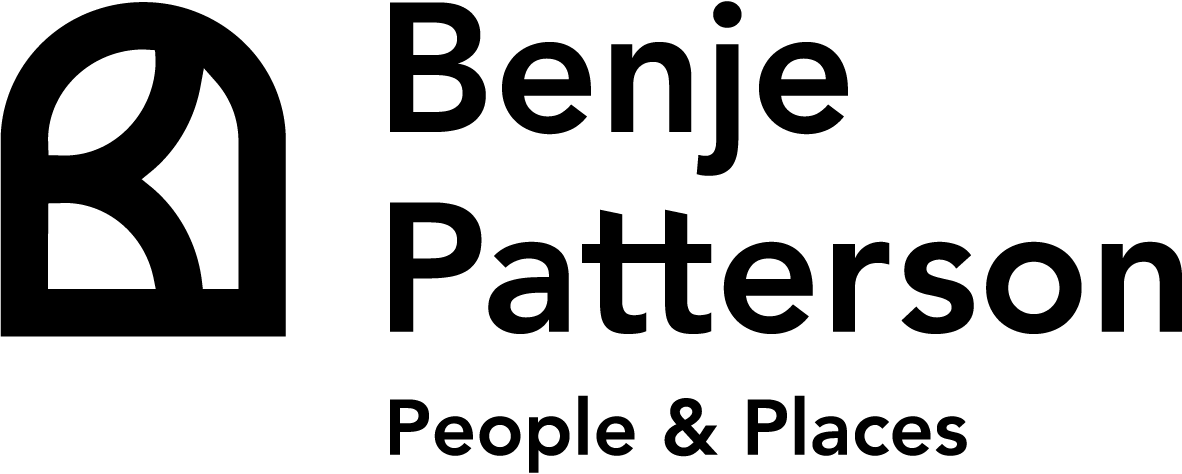Economic development is evolving, presenting a unique landscape for aspiring economic development professionals. As more seasoned professionals approach retirement, there is a growing expectation that younger talent will fill these key roles. This shift offers exciting opportunities and highlights the importance of investing in the next generation, ensuring they have the right incentives to stay and prosper in the profession. This blog considers some of the factors you may need to succeed in economic development leadership.
What skills do I need to prosper as a leader in economic development?
Economic development is a diverse field. Although hard skills or particular areas of expertise are valued, you will also need to have a range of soft and transferable skills to become a leader in economic development. Key skills and attributes that should be nurtured include:
- Grow your network: Networking is paramount in any profession, especially in economic development. Building relationships and fostering connections can open doors to opportunities and collaborations.
- Learn to collaborate: Economic development often involves collaborative efforts. Learning how to effectively collaborate with diverse stakeholders is a skill that can set you apart.
- Project management: Efficiently managing projects is fundamental. Developing skills in organizing and overseeing projects from initiation to completion is vital.
- Strategic thinking and visioning: The ability to envision long-term goals and strategically plan to achieve them is a valuable skill for any economic development professional.
- Political savviness: Being politically neutral, fostering relationships across the spectrum, and managing relationships effectively can greatly enhance your influence and impact. Be friends with everyone and do not take sides.
- Ability to manage up (e.g. your board): Effectively managing relationships with higher-ups, like boards or executives, is key to achieving organisational objectives.
- Critical problem-solving skills: The capacity to analyse complex problems and devise effective solutions is crucial in navigating the intricacies of economic development.
- Communication skills: Strong communication skills, both written and verbal, are vital to convey ideas and strategies effectively.
It’s also important not to overlook simple gestures. Even something as basic as sharing a meal before a meeting can help create a more amicable and productive atmosphere. It is hard to get angry with someone you have just shared a meal with – sometimes it is simple things that help.
The role of certifications in economic development
While developing your soft skills, it is also important to consider the more formal side of professional development for economic developers. Certifications can hold varying degrees of importance depending on the institution or organisation you work with. Larger public institutions might value specific certifications, while smaller entities often prioritize demonstrated skills and abilities. Certifications like being an Accredited Economic Development by Economic Development New Zealand (AeCD) have gained prominence – they can serve as a testament to your commitment and understanding of the economic development ecosystem.
Willingness to relocate: The mobility factor
Flexibility and mobility can also be important while working in regional economic development in New Zealand. There will only be so many opportunities within each small area, so adaptability and a willingness to relocate can greatly expand your career horizons. While some roles may favour people with a long history in an area, most economic development agencies also value the broad experiences which outside perspectives can bring.
Remember that moving for a role is a personal decision, and alongside professional factors you should consider each place’s fit for your lifestyle and your family circumstances in the decision-making process. The potential to progress in your role and have promotion opportunities, or achieve things that might leave a legacy beyond your immediate tenure are also important.
Developing a leadership style
Finally, people aspiring for a career as an economic development leader must also pay attention to developing their leadership style in all aspects of what they do. Leadership is simply interaction where influence occurs – either knowingly and intentionally, or unintentionally. We may not necessarily be a leader through position, but we can be through how we influence others or in other aspects of our life (eg. among family, friends, or as a coach).
Developing your unique leadership style involves aligning your thoughts, emotions, and actions. Recognize and challenge your assumptions, limiting beliefs, and self-doubts. Stay open to learning, be teachable, and remain present in your journey.
Economic development offers an enriching career
This blog has offered some key insights into what it takes for people considering future opportunities to flourish within the economic development profession. A career in economic development offers exciting prospects and growth potential, especially as the industry will undergo a significant demographic shift in the years ahead. Whether you’re an aspiring entry-level professional or an experienced executive, continuous growth and learning are essential for a fulfilling and successful career in economic development.
